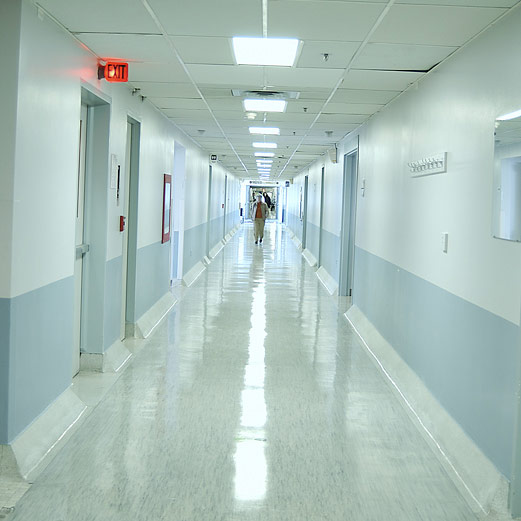Here are some of the latest health and medical news developments, compiled by the editors of HealthDay:
Dolly’s Cloned Heirs Aging Normally: Study
The heirs of Dolly the cloned sheep are old but healthy, a new study says.
Dolly was born 20 years ago this month, but died just six years later after a number of health problems. That led to concerns that cloned animals may age prematurely.
But a study in the journal Nature Communications says Dolly’s cloned heirs — Daisy, Diana, Debbie and Denise — are aging normally, The New York Times reported.
“They’re old ladies. They’re very healthy for their age,” Kevin Sinclair, a developmental biologist at the University of Nottingham in Britain, said.
Along with the four sheep created from the same cell line as Dolly, the researchers also assessed nine other cloned sheep and found that they also had no signs of premature aging, The Times reported.
—–
First U.S. Double Hand Transplant Patient Wishes He Could Have Hands Removed
The first person in the United States to receive a double hand transplant says the hands have never worked and wishes he could have them removed.
Jeff Kepner, 64, had the transplant seven years ago at the University of Pittsburgh Medical Center (UPMC). He lost his hands in 1999 to sepsis that started from a strep throat infection, Time reported.
Before the transplant, he used prosthetics and was able to drive and keep a job. Both have been impossible since the transplant.
“From day one I have never been able to use my hands,” he told Time. “I can do absolutely nothing. I sit in my chair all day and wear my TV out.”
If he could have the new hands removed, he would. However, doing so isn’t simple.
Full or partial removal of the hands has been discussed with Kepner, but it’s uncertain if he would be able to use prosthetics after removal, and he would require intensive physical therapy, Dr. Vijay Gorantla, the administrative medical director of the Pittsburgh Reconstructive Transplant Program at UPMC, told Time.
“We believe that additional, minor surgical procedures — and commitment to more physical therapy — could improve the function of his hands to help him with activities of daily living,” Gorantla, who is overseeing Kepner, wrote in an email.
Kepner said he has undergone numerous operations since the transplant and is tired of surgeries, so he will likely keep his nonfunctioning hands, Time reported.
Copyright © 2026 HealthDay. All rights reserved.

